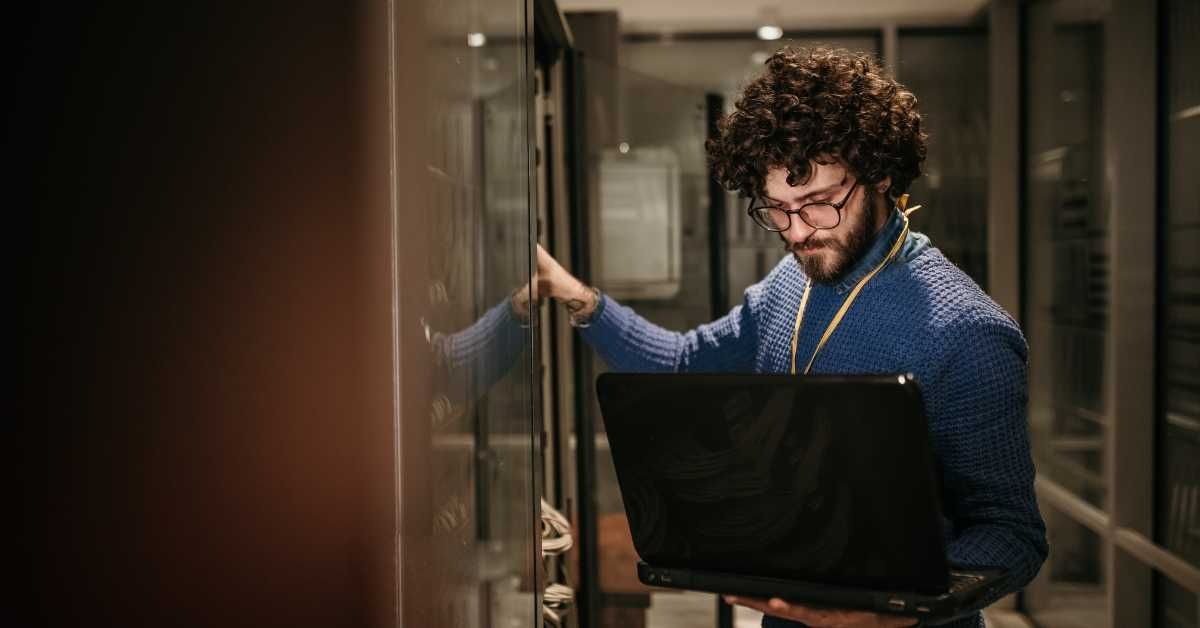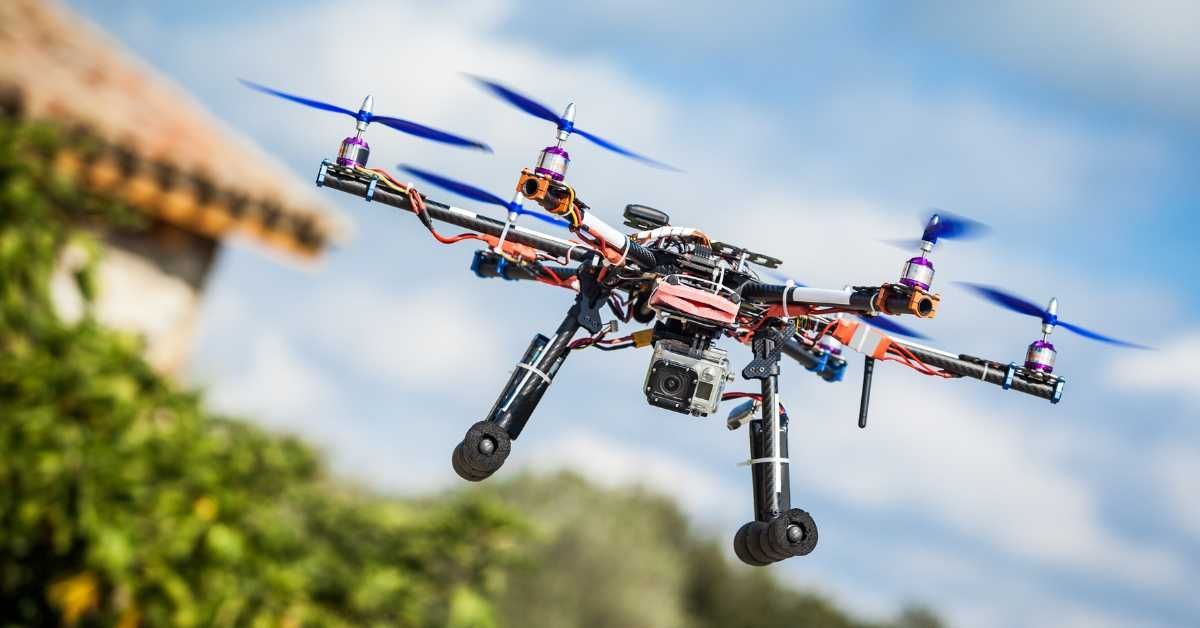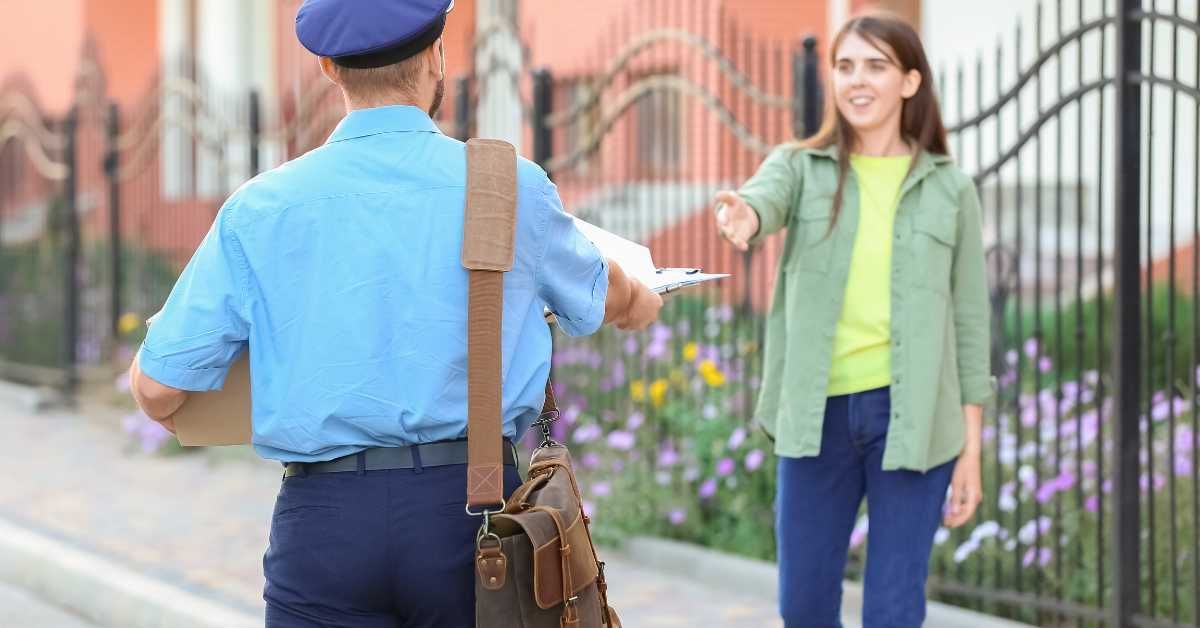Why Surveillance?
White on rice.
When we think surveillance, we think of the investigator being on top of the person of interest, not letting that person out of his sight. In movies and TV shows, we see detectives and officers going on high-speed chases and hiding out on tops of buildings with binoculars to keep an eye on their subjects.
Think of The Wire. In efforts to crack drug cases, the detectives in the show went to all sorts of lengths to catch suspects. They would perch on roofs of buildings, hide on top floors of multiple-story buildings and peer through windows with their binoculars and cameras, and would sit in their patrol cars and surveille for hours on end. They would even go undercover and use deception when necessary, but this did not always turn out well.
Unlike the surveillance done on screen, the type of work done by our company usually involves non-criminal cases, mostly insurance defense work with someone claiming injuries, workers’ compensation injuries, and medical malpractice injuries. Therefore, the people of interest are not the kind who would be considered dangerous.
A typical surveillance is done as follows. We receive an assignment from the client, who is usually an attorney or an insurance adjuster. The client provides us with the individual’s name and address, and lots of times, they want to tell us what the injury being scrutinized is. However, we tend to reject receiving this particular piece of information. If we know what the injury is, we may be biased or may be accused of being biased by the opposing counsel when we get on the stand to testify.
If the subject is claiming a knee injury, for instance, and we know this, we would look out for the person limping or favoring the other leg or moving about as if nothing is wrong. Even if we try to ignore the fact that the injury is known to us, we may subconsciously still examine the individual in a biased manner.
So to avoid any conflict, we choose the oblivious route.
The stakeout typically runs from early morning to early evening and is usually done in the daytime because of the types of people involved. Generally speaking, it is easier to keep an eye on people when they are less suspecting they are being filmed. We usually get to our hiding places early in the morning, around 6, 6:30 a.m. or so, while it is still dark out. We set up on the property down the street, where we can conspicuously watch the individual come in or leave.
As far as equipment goes, the surveillance teams all possess different types of cameras. They use standard handheld cameras, their cellphones, pinhole cameras, buttonhole cameras, cameras in their hats—it all depends on the situation which they decide to use. For instance, if an investigator is following someone in a department store, he cannot realistically use a handheld camera to track this person down. The security will more than likely stop him. So under a circumstance like this, something like a body camera would be used.
When it comes to observing people in their houses or on their properties, things get a little trickier.
Sport hunting concealed cameras, which are camouflaged, are usually used in these situations. If we are having difficulty capturing video footage of someone coming out of a house, we place this type of viewer at the base of a tree with some shrubs around it and get video footage that way, for example.
Audio recording is never allowed and is deemed illegal without permission from the person who is speaking. So if someone is in the privacy of their own space, we, by no means, want to have any sort of soundtrack. If the person gets in the car and drives somewhere, we follow them. There have been people who have claimed they are not working who have left the house at 7:00 a.m. with a toolbox and got in their pickup trucks to start their work day. They go to their worksites, and we then get video footage of them hammering sawing, carrying buckets, etc.
“The video doesn’t lie,” Bob says.
This simple statement describes the foundation of surveillance. What better way to obtain information than to do so completely objectively? By solely speaking to someone, you may never get the whole truth. If money and benefits are involved, some people will lie through their teeth and fabricate injuries in order to collect the “good stuff.” But by recording someone without that person knowing, investigators can see what is really going on, whether the person is being honest or dishonest.
As stated in my previous post, Deception, we never use deception in handling our cases. We also don’t like to encounter the individual or engage in conversation with this person.
Hypothetically, say the investigator is a physically attractive young female. We would never put her in the position to act as though her car is broken down and needs help. She would not go up to the subject and say, “Hey. Can you help me with my car for a second?”
The video is more than enough. It tells the truth, and we never want to have any influence on it.


Ready to hire a Process Server?
Get started by submitting a service request
Menu
Contact
800 W Cypress Creek Rd.
Suite 390
Ft. Lauderdale, FL 33309
M-F 8:30am-5:00pm
All Rights Reserved | Powered by MightyWebsiteBuilder.com | Professional Process Servers & Investigators, Inc.








